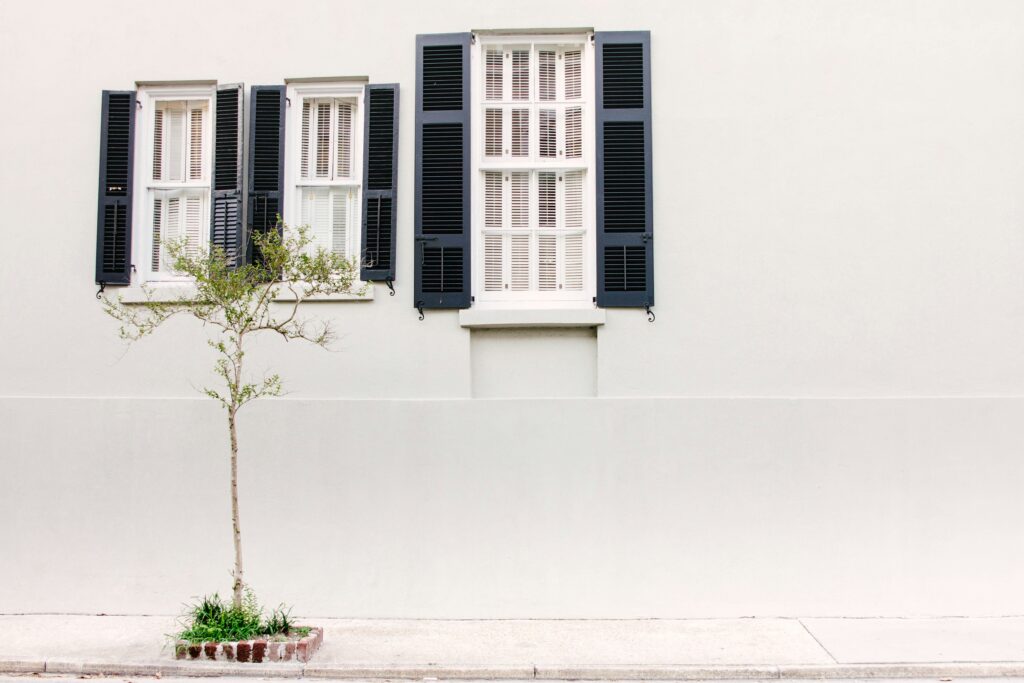There is a silent enemy that inhabits the gardens, sidewalks and paths where the reader walks, alone, or even accompanied by their children or pets: an invisible, mute and perhaps deadly pollution. According to the World Health Organization, glyphosate is considered probably carcinogenic in humans and shown to be carcinogenic in laboratory animals.
I recently watched, undaunted but not calmly, the application of the herbicide Catamaran in the residential area where I live and my hand felt compelled to write these lines.
My morning joviality was disturbed by the observation of a city employee, protected by a mask, who mercilessly sprinkled poison on the poor unwary herbs that decided — who knows why... — to grow, in winter, between the cracks in the sidewalk . What an uncomfortable habit Nature has of flourishing, of spreading green and thus disturbing the gray of cemented urban nature!
Less than three hours later, a group of children were playing on the same sidewalk. Yes, I have the privilege of living in a place where kids (still) have a healthy habit of jumping and talking outside.
I drew their attention to the danger and also warned some neighbors not to walk their dogs.
In the name of good rigor, it is important to highlight that an informative sign was placed at the beginning of the procedure, removed a few hours later. In other words, only those who experienced the actual application of the herbicide at that moment were aware of the fact.
Afterwards, the monster continued to be invisible, silent, transforming the green into death and silently entering houses through shoes and installing itself, cunningly, on the noses and paws of the many dogs that live here with their human friends. The same will certainly happen where the reader lives.
According to information available online on the Quercus website, «The toxicity of glyphosate is not yet a consensual and established scientific fact. In addition to cancer, there are several publications in the scientific literature that link glyphosate to teratogenic effects (birth defects), hormonal dysregulation, liver and kidney toxicity and even autism, but many scientists, particularly those with some type of connection to the industry, disagree. of these results. At the European Food Safety Authority itself, a structure of the European Commission, 62% of the experts who make up the pesticide assessment panel have conflicts of interest with the companies whose products they are evaluating. In any case, there are still many areas of ignorance and uncertainty that justify a deep distrust of the security discourses of official institutions».
I look forward to the day when conflicts of interest do not take precedence over public health and the environment.
However, the mobilization of citizens regarding this issue is crucial. We can always do something: use the SOS Ambiente e Território hotline (808 200 520), write to mayors, publicize and raise awareness. Many local authorities have already stopped using herbicides.
There are viable alternatives to controlling “weedy plants” without the use of phytopharmaceuticals, which kill both herbs and bees, beetles, ants and any other poor insect that decides to hang out there.
Although glyphosate is the most used herbicide in Portugal and the rest of the world, «the remaining chemical alternatives are as dangerous or more dangerous to all living beings».
It is urgent to abandon these practices. In these moments, I remember my grandfather and his little bag: Mr. António might not like the herbs on the sidewalk in front of his door, but he felt the need to pull them out with respect. By the way, what will our potential future rulers think about this issue?
More information: https://quercus.pt/campanha-autarquias-sem-glifosato-herbicidas/

















Comments